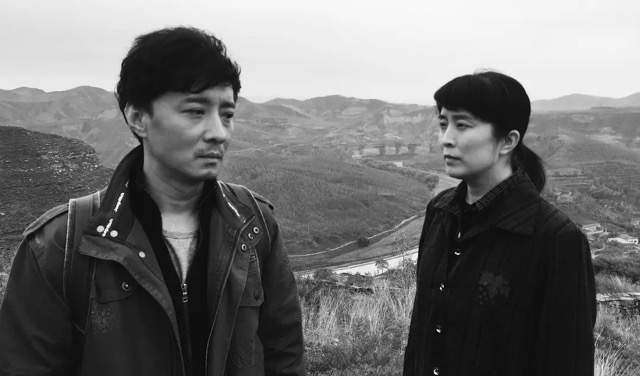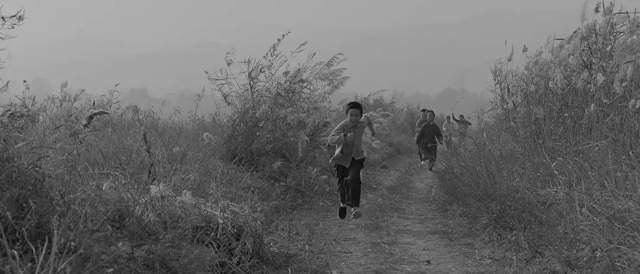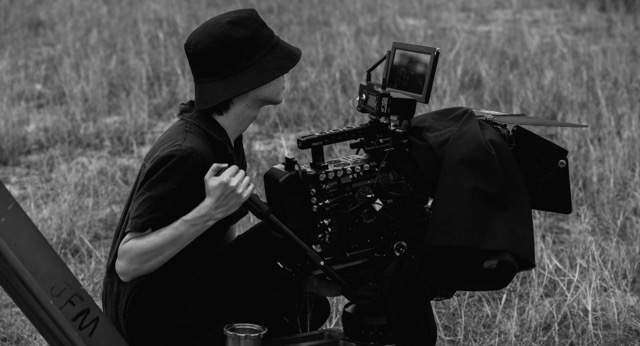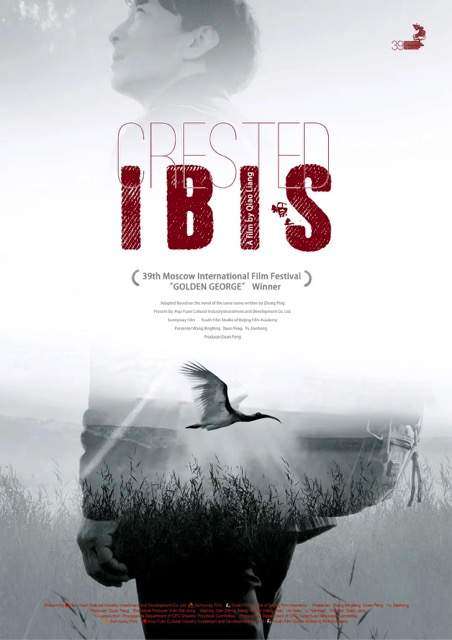
Film can place us inside circumstances actually occurring in the real world but allow us access to the emotional component that simple news reports and facts alone cannot. The actual human element is essential in creating the type of world we truly want to exist in and extraordinary filmmakers can enable this transformation with their skill and passion. Liujin Fang is aware of his responsibility as one of the most gifted cinematographers of his generation.
He frequently takes on projects which he feels will influence and move audiences towards envisioning a kinder and more understanding world. Yuan Shang, a film which contemplates the repercussions of the environment on many aspects of society, is applicable to all corners of the earth.
Testifying to its impact is the embrace this film has experienced far beyond America with awards it has received including the Golden George at the 39th Moscow International Film Festival, the Outstanding Contribution Award for Chinese Film International Communication (awarded by the State Administration of Radio, Film and Television of China), and numerous others. Liujin is known for a quality of communicating borderless relevance in his visual approach and Yuan Shang is no exception in this regard. Yuan Shang is a visually compelling film which asks us to perceive the many angles of this complicated situation.

The setting for this film is China, bearing witness to the environmental impact of its rapid development. There is relevance for this in nearly all developed countries. The story follows reporter Kang Wen who is investigating the report of an endangered animal, the Crested Ibis, in what was once his hometown. Hoping to establish the town as a protected area, Wen is pitted against his former classmate (Ren Wanpeng) who owns a cement factory which will be forced to shut down if the area is established as the home of the Crested Ibis.
The subtext of this story is the various prejudices and motivations that inhabit each of us. A surprising twist at the end forces an unexpected conclusion to this film. As 2nd Unit DP of Yuan Shang, Liujin established an aesthetic for the film with director Liang Qiao. The cinematographer describes, “We chose to shoot the whole film in black and white because the film is similar to the realistic theme. We used a lot of natural light and simulated natural light sources.
The literary tone of the long shot black and white screen also enhances the quality of the film to the performance lines of the TV or drama, contrasting the complex emotion. The visual alters from black and white to color twice, separating Kangwen’s real life from his inner world.”

There are a number of moments in this film in which the need for dialogue to communicate ideas and emotions is circumvented due to the choices Liujin has made as a cinematographer. One of the most profound is when Kangwen first returns to his hometown and observes its citizens watching drama performed at a theatre. Here Liujin has implemented the use of a very wide angle lens to express the estrangement Kangwen now feels with those whom he was so close to before moving to Beijing.
For another scene in which a family enjoys their dinner together outside, Mr. Fang has managed to capture the closeness of the parents and children even though it is in black & white. With these scenes as with so many others he has crafted for Yuan Shang, Liujin Fang exhibits the ability to elicit powerful emotion with the most gentle touch. The maturity found in his work far exceeds that of his chronological age. Yuan Shang has the ability to make one look further than simple “blanket” ideas to question how everyone will be effected; one of the film’s strongest assets in achieving this is the talent of cinematographer Liujin Fang.

Writer: Arlen Gann